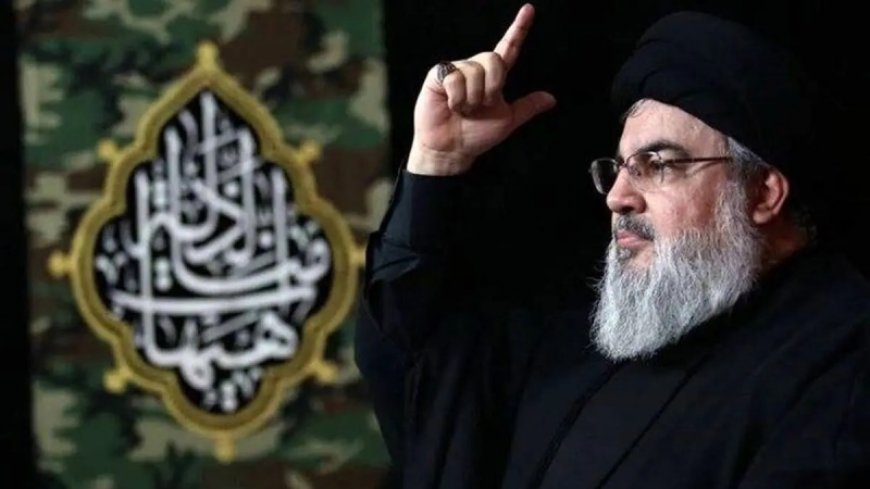Sayyid Hassan Nasrullah, the Secretary General of Lebanon's Hizbullah, has lauded the recent unity among Muslims, attributing this cohesion to the Al-Aqsa Storm operation led by Hamas, the Palestinian Islamic Movement. His remarks came during a Muharram vigil, where he highlighted the operation's success in reducing internal tensions and fostering solidarity in the Muslim world.
Speaking to an audience during the religious observance, Nasrullah emphasized that while some factions failed to support the people of Gaza, others have attempted to revive past communal and sectarian strife to obscure their shortcomings. Despite these efforts, Nasrullah asserted that the majority of Muslims are now united on the issue of Palestine.
Emphasis on Vigilance and Unity
Nasrullah warned that, even after the successes in Gaza, there would be attempts to sow discord among Muslims to undermine the significant victory achieved through the Al-Aqsa Storm operation. He called for vigilance against these divisive tactics, urging Muslims to maintain their unity in the face of what he termed the "great danger" posed by the Zionist regime.
"The struggle against the Zionist regime, which continues to commit atrocities against young children in Gaza, has instilled hope for a brighter future for Muslims," Nasrullah said. He also expressed his belief that the promise of the Holy Qur'an regarding the eventual downfall of the Zionist regime will be realized.
The Broader Context of Resistance
Nasrullah described the Al-Aqsa Storm as the longest and most extensive campaign against the enemy, noting that even Zionist sources have acknowledged its impact. He stressed that this struggle is not limited to a single group but represents a collective effort by the resistance camps and nations united against the Zionist enemy.
Historical and Political Implications
The Secretary General's statements come at a time of heightened tension and violence in the region. The Al-Aqsa Storm operation has been a focal point in the ongoing conflict between Israel and Palestinian factions, with significant geopolitical ramifications. The unity Nasrullah refers to has potential implications for future engagements and the broader dynamics of Middle Eastern politics.
Moving Forward
As the situation in Gaza and the broader region continues to evolve, the international community remains watchful. The solidarity and unity among Muslim nations, as highlighted by Nasrullah, could play a crucial role in shaping the future of the Palestinian struggle and the response to the actions of the Israeli state. The call for vigilance and continued unity underscores the ongoing complexities and challenges facing the region.














































